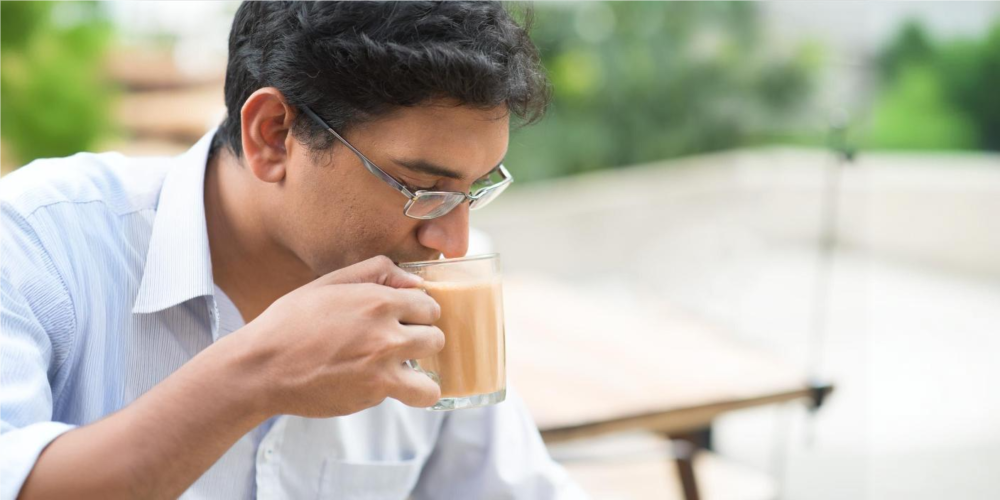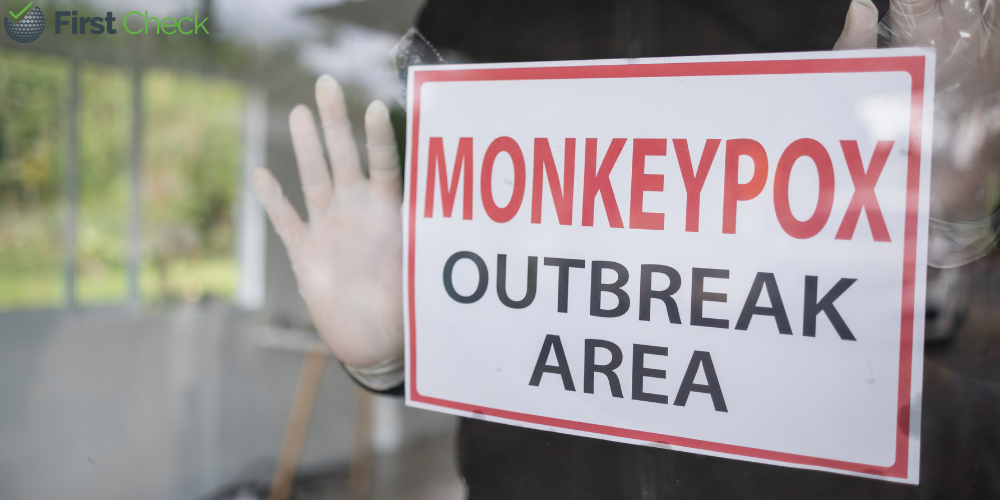Health, caregiving and ‘preparing’ for old age emerge as top concerns at event for senior citizens
India lacks a unified ministry or strategy to address the complex needs of senior citizens, experts say
Author
Author
- admin / 7 months

- 0
- 5 min read

Author
While life expectancy of the average Indian is now close to 75 years, the number of healthy years they may have may be almost a decade shorter, said Dr K Srinath Reddy at a seminar held in Delhi on Wednesday.
Titled “Towards an Inclusive Senior Ecosystem,” the seminar underlined the need to prepare better for the penultimate years of one’s life.
The event, organised by the Bengaluru based Vayah Vikas, in partnership with the Ministry of Social Justice and Empowerment, looked at “building a more inclusive environment for older adults across India” and saw the Secretary at the Ministry, Amit Yadav, retired IAS officer who has served as the Secretary at the ministries of Labour and Home Affairs, Gauri Kumar, and others also in attendance.

Ageing is an inevitable process most humans go through. According to Vayah Vikas, which describes itself as an organisation “by seniors, for seniors, and of seniors,” the ageing population in India is expected to cross 300 million by 2050, “yet seniors face systemic challenges: limited tailored services, fragmented wellness support, and a lack of community spaces.”
While most of us may age, not many of us actually think of what it would mean, and actually prepare for this eventuality.
“I think the important thing is for us to recognise that the process of ageing is not a sudden transition. It takes place over decades, and we have to prepare ourselves, both as individual bodies and the social collective to help the transition take place very smoothly. So that the ultimate objective is that each individual, he/she is described, after having aged, as fit and functional rather than frail and feeble—which means physical health, mental health, and even emotional health,” said Dr Reddy, while also highlighting the importance of nutrition and exercise in this process.
“There is no reason why we cannot have a long health span. Right now, India has a life expectancy of close to 75 years. But our health span, healthy life expectancy, is one decade shorter,” he added.
A policy for senior citizens is in the works
Speaking of a policy tailored towards senior citizens, that is in the works, Secretary of Social Justice and Empowerment, Amit Yadav, also spoke of how health and caregiving are going to be important aspects that would be covered in the policy.
“One aspect which is a very big aspect, which is growing, is with regard to the care and caregiving … geriatric care and health giving has become a very important part of this whole policy on senior citizen care and caregivers,” said Yadav.
This question of access to healthcare, is even more pronounced in the rural parts of India, according to Yadav. “The migration which happens daily, in the rural area leaves the old aged behind in the villages with less health facilities and that also is a big challenge. So that is another challenge of the being old, being in a rural area with a lot of economic uncertainties,” he said during his keynote address at the event.

He highlighted the need for multiple C’s—care, collaborations between public and private entities, convergence across states, governments, and organisations, compassion, community participation, and communication and awareness— to make effectively support the senior citizen population of our country. He also listed the various challenges facing this segment of the population, from the need for financial and digital literacy to the question of safety, and assured that they would be addressed in the new policy meant for the benefit of the ageing population.
“So all of this, if I have to put it together, is something which we are now looking in the new policy, which we are which we will hopefully come out pretty soon,” he said.
Challenges in addressing senior citizen issues
While there are a myriad of issues facing senior citizens, and while many have solutions to address them, it becomes difficult as each aspect is the responsibility of a different ministry or government department, according to the speakers.
“The challenges is… that the Ministry of Social Justice empowerment is responsible for programme implementation. But for health, you have (the Ministry of) Health and Family Welfare. For financial, pensions, etc, you have the Ministry of Finance. You have the Ministry of Rural Development for rural, you have the Ministry of Women and Child Development for the women. You have MeitY, Ministry of Electronics and Information Technology, which is responsible for digital literacy. So it’s a very fragmented kind of an approach that we take,” said Gauri Kumar, the seasoned former bureaucrat, who added that it is unfortunate that “there is no single, holistic, comprehensive platform.”
Kumar said that the solution for this needed to come from non-governmental sectors, rather than the government itself.
Mansur Dalal, the founder of the Association of Senior Living in India, however had a different suggestion. He called for a dedicated Ministry of Senior Citizens, that would deal with all kinds of issues related to senior citizens, adding that countries with much smaller populations and geographical sizes had done.
Also read: Senior citizens 70 and older to get up to Rs 5 lakh in free health insurance coverage









